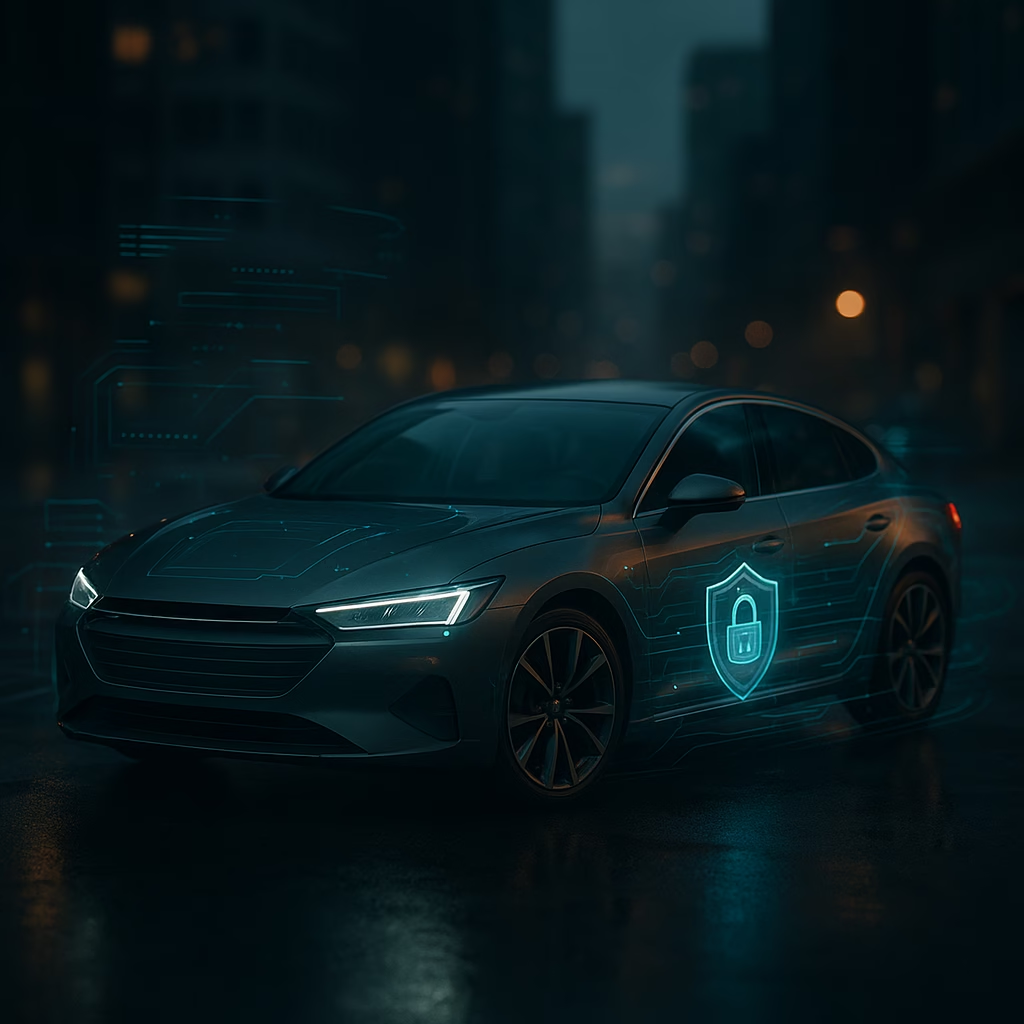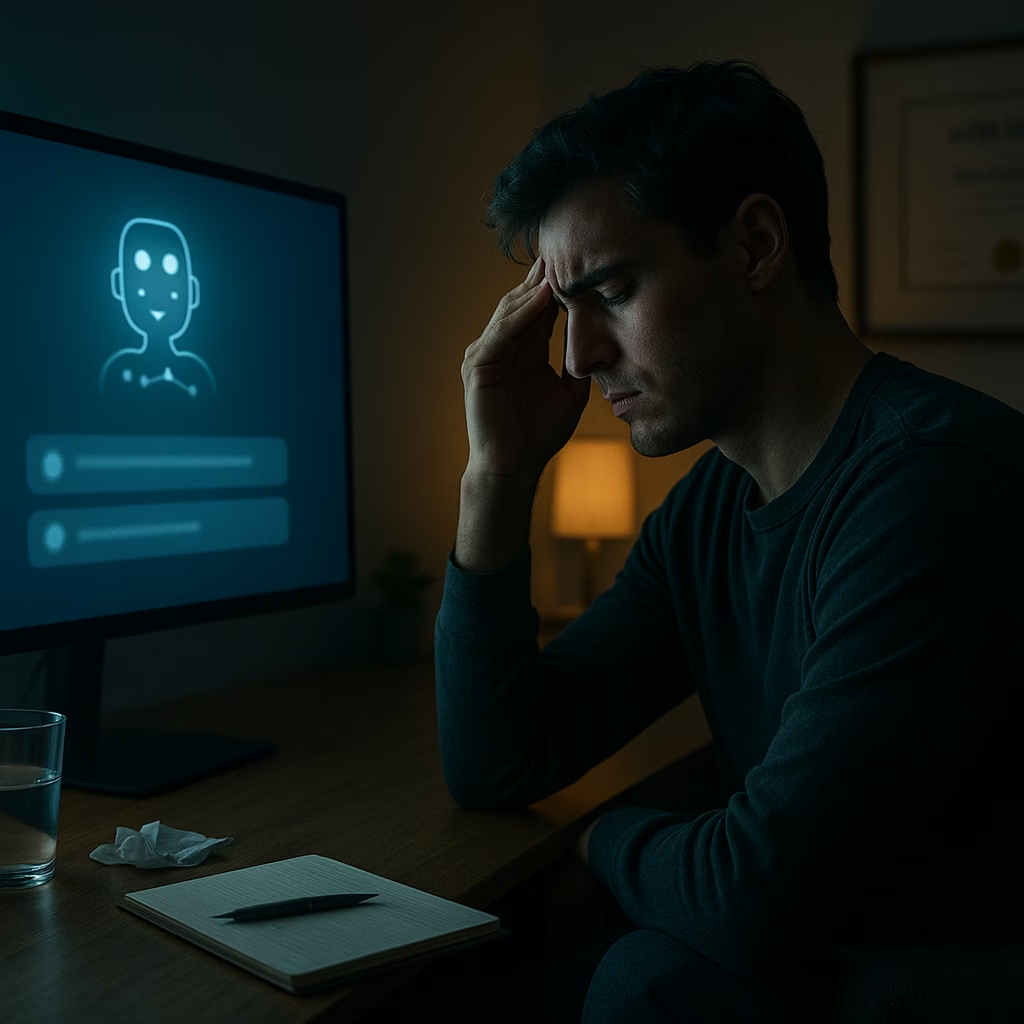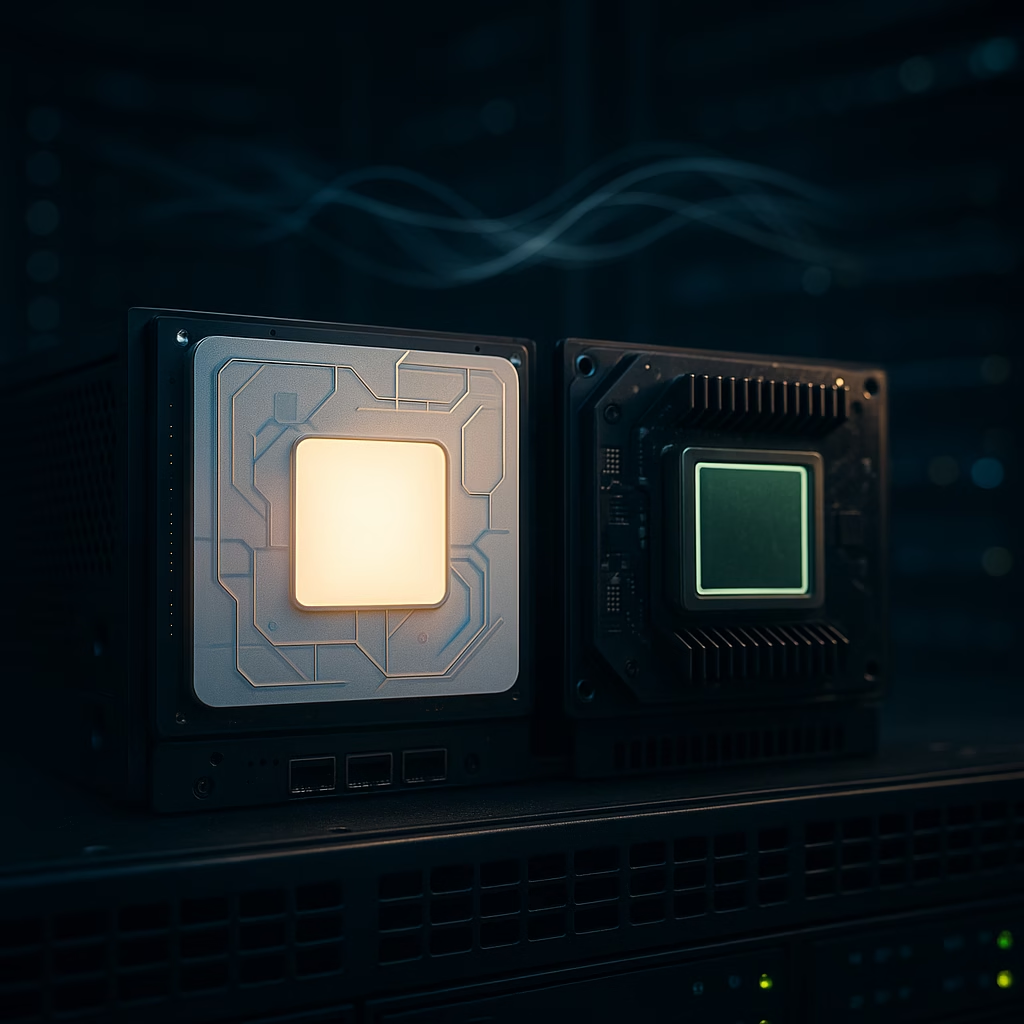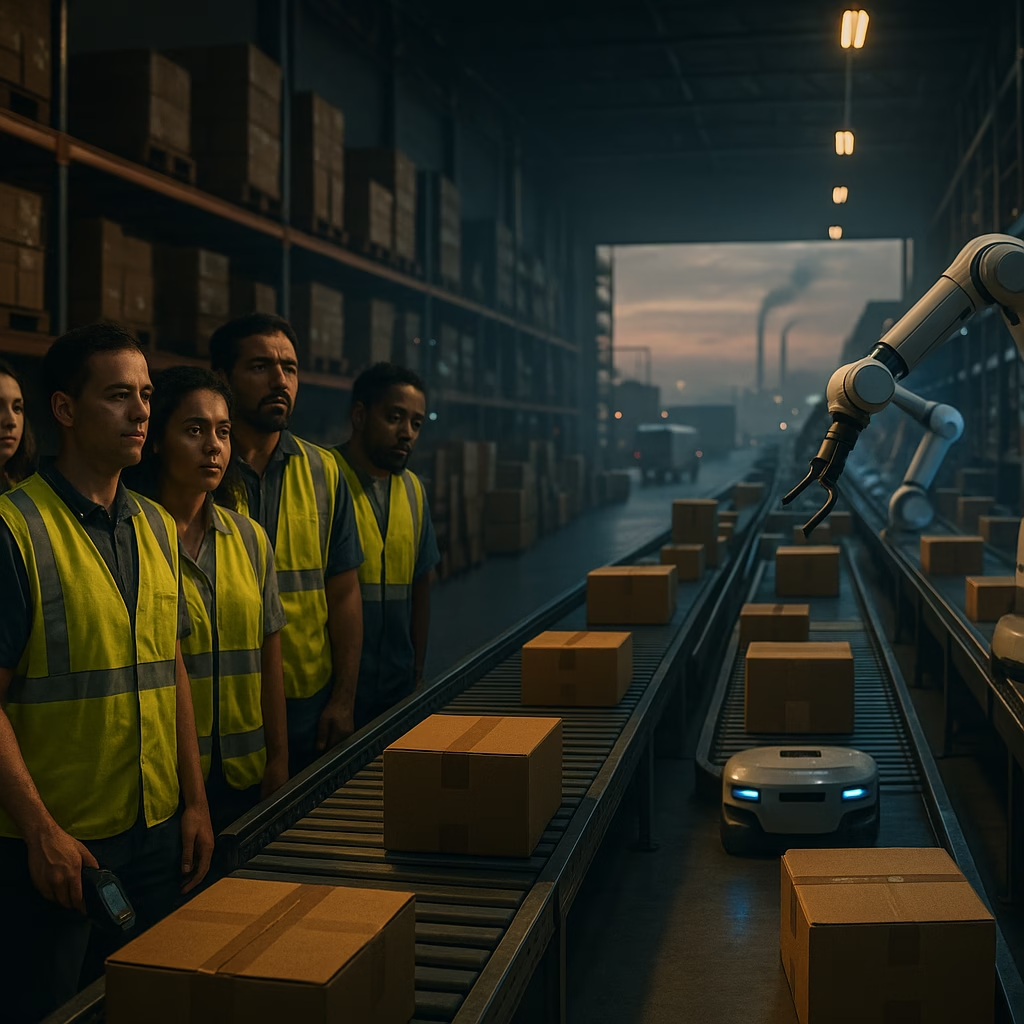OpenAI’s Sam Altman Thinks This ChatGPT Short Story Is “Beautiful”—But It’s Just Trash
Is Artificial Creativity Really Art?
OpenAI’s CEO Sam Altman recently praised a short story written by ChatGPT, calling it “beautiful.” But upon closer inspection, is this AI-generated fiction truly a masterpiece, or is it just another example of algorithmic mediocrity? While AI continues to impress with its ability to generate human-like text, creativity remains a uniquely human quality that machines struggle to replicate.
In this article, we’ll take a deep dive into the AI-generated short story in question, analyze its literary value, and discuss whether AI can ever truly create something profound or if it’s simply recycling patterns from existing works.
The Story That Sparked the Debate
The so-called “beautiful” short story was produced by OpenAI’s ChatGPT model, and it caught Altman’s attention for its creative depth—or lack thereof. While AI-generated content has indeed made impressive strides in recent years, many critics argue that this particular story fell short of true artistic merit.
A closer analysis of the AI-generated piece reveals a series of issues that highlight the fundamental limitations of generative models:
- Predictable Plotlines: AI models generate text based on probability and pattern recognition, meaning their stories often feel formulaic and unoriginal.
- Surface-Level Emotions: While AI can simulate emotions in text, it lacks the true depth and understanding of human experience that define great literary works.
- Repeated Clichés: AI tends to rely on common tropes found in existing literature, offering nothing new or groundbreaking.
Despite these issues, Altman described the AI’s output as “beautiful.” But was his praise genuine, or is OpenAI simply trying to market ChatGPT as something more artistic than it truly is?
Sam Altman’s Optimism About AI Creativity
Sam Altman is known for his belief in AI’s potential to revolutionize industries, including art and literature. His endorsement of ChatGPT’s story fits within his broader vision of AI as a tool that could rival or even surpass human creativity.
However, critics argue that while AI can mimic human writing well, it still struggles to produce truly original or emotionally resonant work. Human writers draw from personal experiences, cultural influences, and internal emotions—something no algorithm can authentically replicate.
Some researchers and authors have pushed back against the idea that AI-generated content can be considered “art,” emphasizing that true creativity stems from lived experience, struggle, and individual perspective. Without these elements, can AI stories really be called “beautiful,” or are they just cleverly arranged words based on statistical probability?
The Flaws in AI-Generated Stories
AI-generated writing is impressive in its ability to generate coherent and engaging text, but it also has several critical shortcomings when compared to human authorship. Let’s examine the flaws that make AI-generated creativity feel hollow:
1. Lack of True Emotion
AI models are trained on vast datasets, but they do not experience real human emotions. When AI attempts to convey complex feelings such as grief, love, or existential dread, it does so by mimicking language patterns rather than through genuine understanding. The result? Text that feels hollow and often emotionally disconnected from real-life experiences.
2. Contextual Missteps
AI can struggle with keeping a narrative consistent over long-form storytelling. It may contradict itself, misinterpret themes, or fail to maintain a coherent tone throughout a piece. While short-term coherence is improving, longer AI-generated stories often feel disjointed or robotic upon closer inspection.
3. Ethical and Copyright Concerns
Another major concern surrounding AI-generated stories is the ethical implications of their creation. AI models learn from vast libraries of existing literature, meaning they often pull heavily from copyrighted works without proper attribution. This raises legal and ethical questions about whether AI-generated writing is truly original or simply a form of repackaged plagiarism.
Does AI-Generated Literature Have Value?
Despite its shortcomings, has AI-generated literature earned a place in the literary world? The answer depends on its purpose. AI can be useful for:
- Story Idea Generation: Writers can use AI to brainstorm ideas or overcome writer’s block.
- Writing Assistance: AI tools can help refine grammar, suggest improvements, and enhance readability.
- Entertainment Value: AI-generated content can be amusing or useful for casual storytelling, even if it lacks true literary depth.
But when AI-generated stories are positioned as groundbreaking or original works of art, it raises concerns about the overhyping of AI’s creative abilities.
Final Thoughts: AI Creativity Is Not Human Creativity
OpenAI’s Sam Altman might have found the AI-written short story “beautiful,” but many literary critics would likely disagree. AI can certainly be a powerful tool for assisting and supplementing human creativity, but it has not yet reached the point where it can replace the depth and nuance of a truly talented human writer.
While AI will likely continue evolving and generating more sophisticated narratives, for now, it remains a tool—one that can mimic but not truly experience the emotions, imagination, and personal insight that define human storytelling.
So, was ChatGPT’s short story truly a work of beauty? Or was it simply an algorithm doing what it does best—replicating patterns without real understanding? The answer to that question will shape the future of AI’s role in literature and beyond.
< lang="en">







Leave a Reply